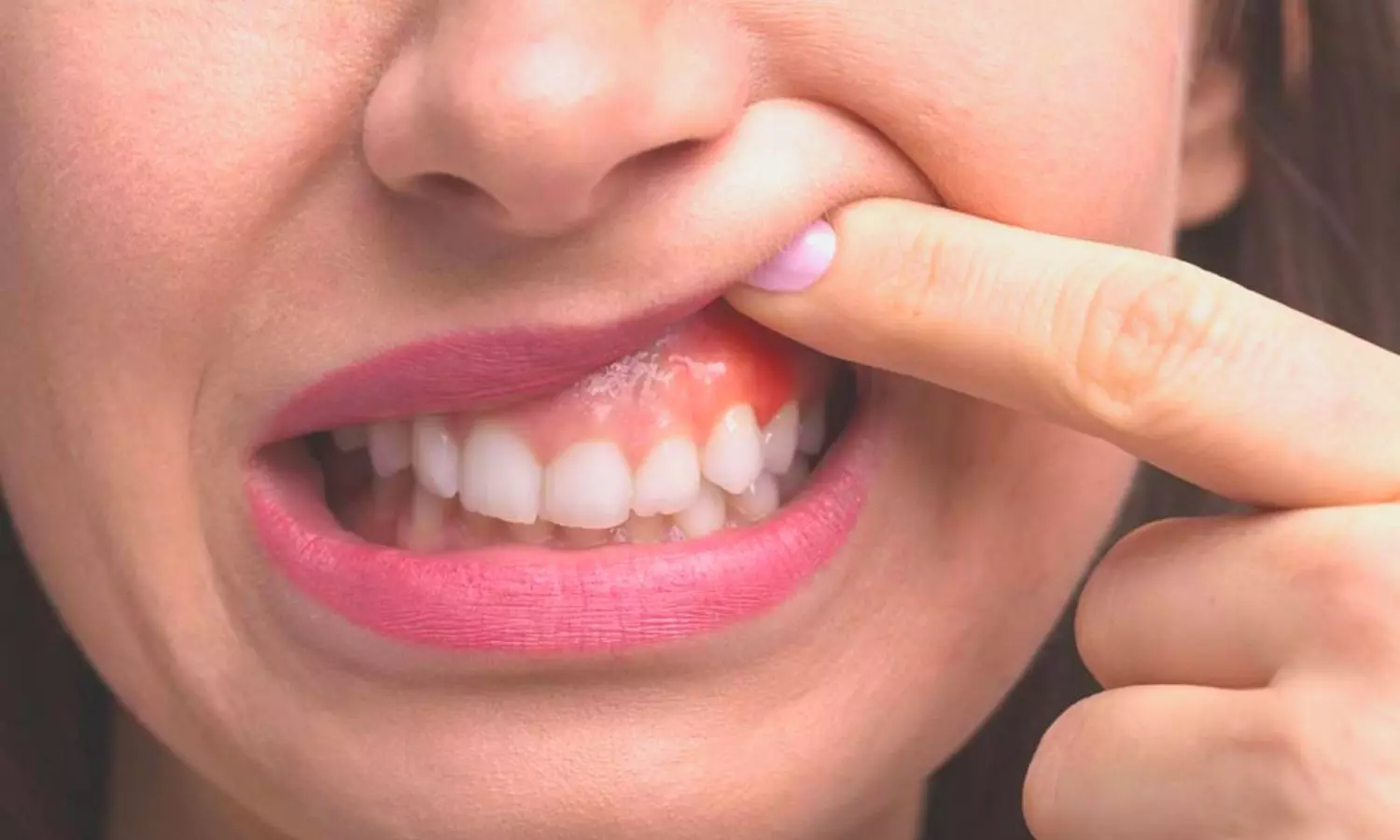Dietary antioxidant intake may improve periodontal health by enhancing mitochondrial function: Study

China: A recent study published in the Journal of Clinical Periodontology reveals the benefit of dietary antioxidant intake for improving periodontal health, possibly and partially by enhancing mitochondrial function.
Periodontitis is a chronic and common inflammatory disease that has been one of the important public health problems worldwide. Periodontitis not only causes tooth loss and increases masticatory dysfunction risk but also affects the patient's general health and quality of life. Thus, it is necessary and very important to understand the factors related to periodontitis and to intervene as early as possible.
Inflammation and oxidative stress are considered to be involved in the progression of periodontitis. Dietary antioxidants have been reported to be associated with periodontitis owing to their ability to remove free radicals and inhibit lipid peroxidation, but the evidence is limited.
Yaping Pan, China Medical University, Shenyang, China, and colleagues conducted an exploratory mediation analysis via mitochondrial function to assess the relationship between dietary antioxidant intake and periodontal health in US adults and the potential role of mitochondrial function.
The research team performed a cross-sectional study using data from the NHANES (National Health and Nutrition Examination Survey) 2011-2014. Using the three diet-related indices, dietary antioxidant intake was evaluated: dietary total antioxidant capacity (DTAC) of antioxidant vitamins, dietary oxidative balance score (DOBS), and composite dietary antioxidant index (CDAI).
Periodontal parameters included probing pocket depth (PPD) and attachment loss (AL). Mitochondrial dysfunction was evaluated using the methylmalonic acid (MMA) level. The association between dietary antioxidant intake and periodontal status was investigated using weighted multivariable linear regression analyses. Exploratory mediation analyses were additionally conducted to determine the mediating effect of MMA on the association. The study included a total of 5520 participants.
The researchers reported the following findings:
- Participants with higher DOBS and DTAC scores had lower mean attachment loss/ probing pocket depth and methylmalonic acid values.
- The composite dietary antioxidant index was negatively associated with mean AL and PPD.
- MMA mediated 9.4% and 4.9% of the associations between DOBS and mean AL and mean PPD, respectively.
- MMA also accounted for 7.2% and 3.3% of the association between DTAC and mean AL and PPD, respectively.
"The findings support that the intake of dietary antioxidants helps in improving periodontal health, possibly and partially by enhancing mitochondrial function," the researchers concluded.
Reference:
Cao, R., Li, A., Geng, F., & Pan, Y. Associations of dietary antioxidant intake with periodontal health among US adults: An exploratory mediation analysis via mitochondrial function. Journal of Clinical Periodontology. https://ift.tt/ovlXPMA
from Medical News, Health News Latest, Medical News Today - Medical Dialogues | https://ift.tt/P3orBxm
Comments
Post a Comment